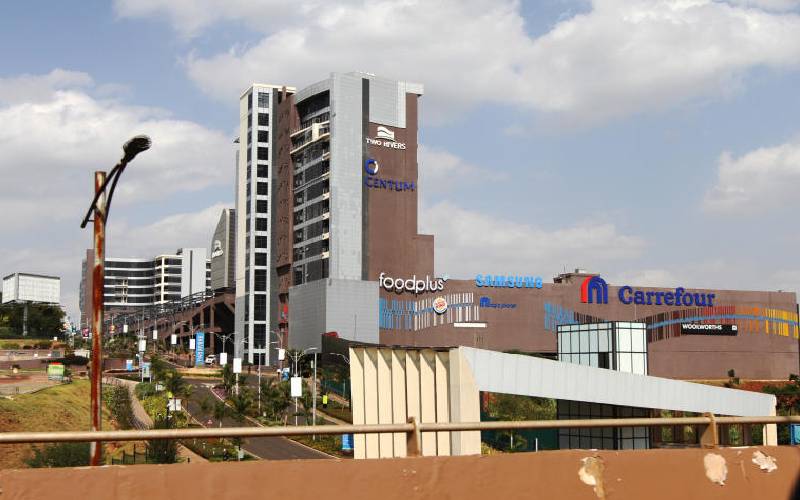×
The Standard e-Paper
Join Thousands Daily

Centum Investment, the company that built the iconic Two Rivers Mall, will not undertake the development of any commercial property in the next five years, pointing to the fading allure of mall business.